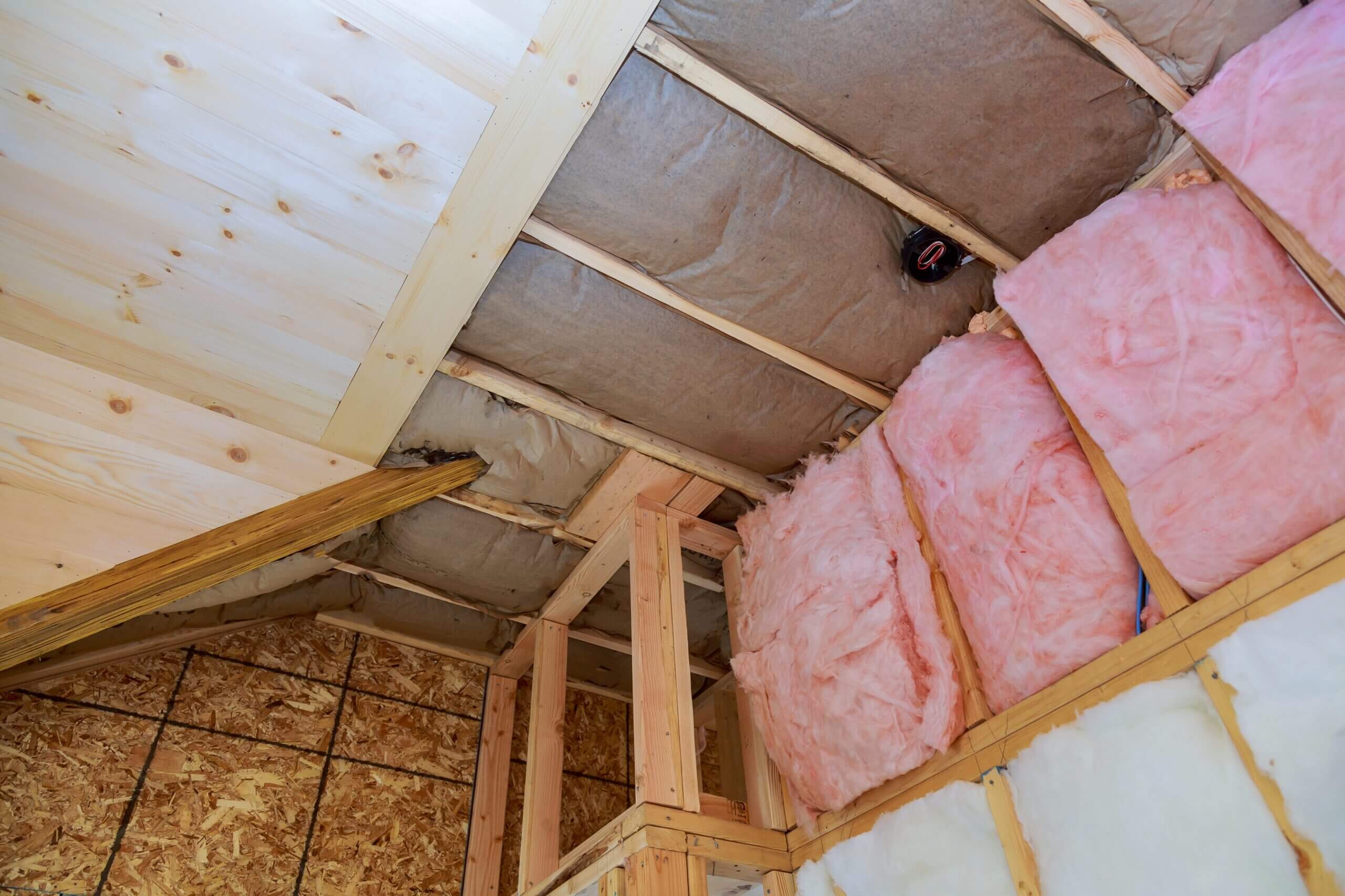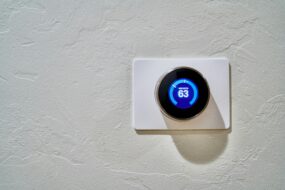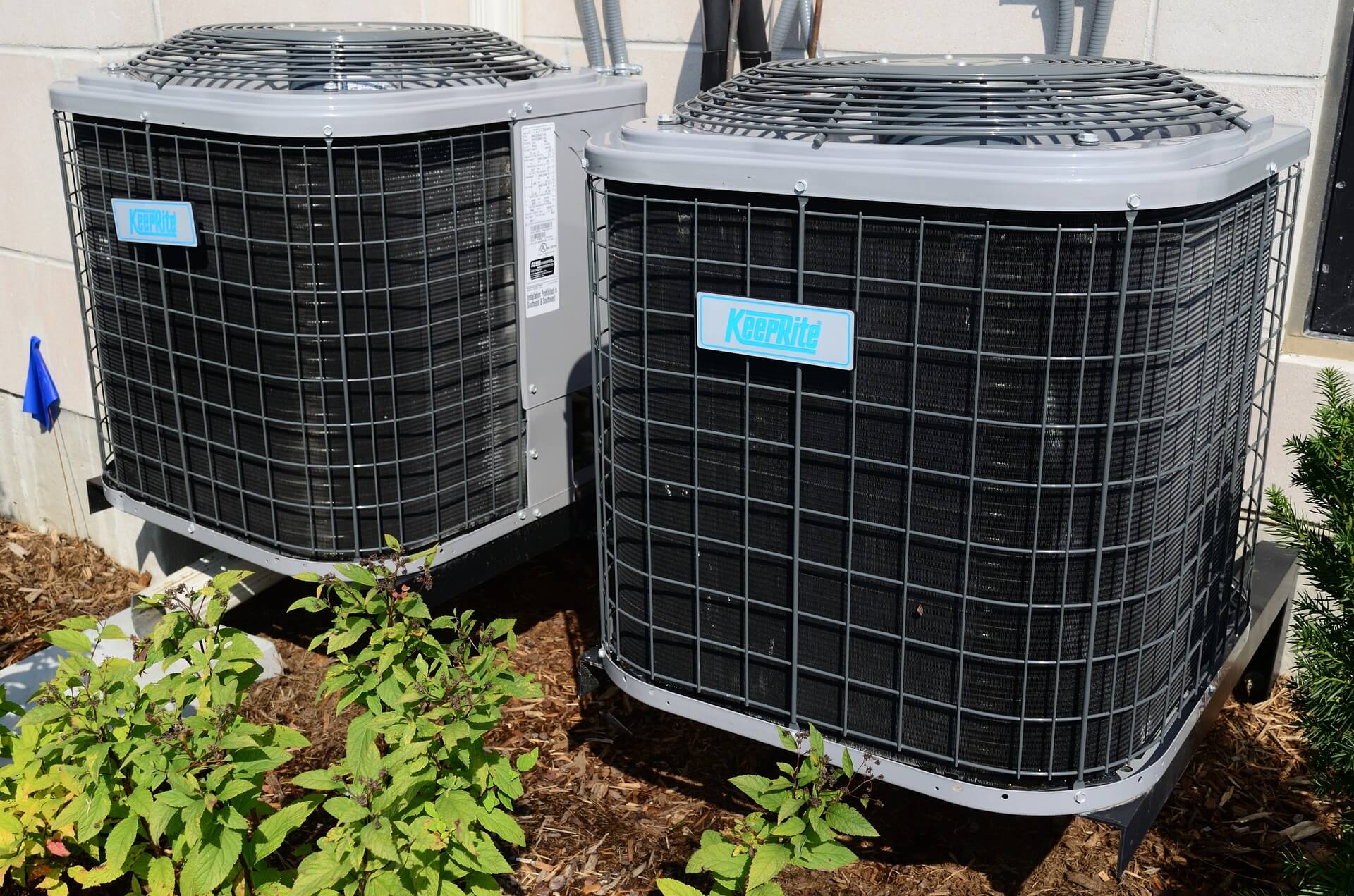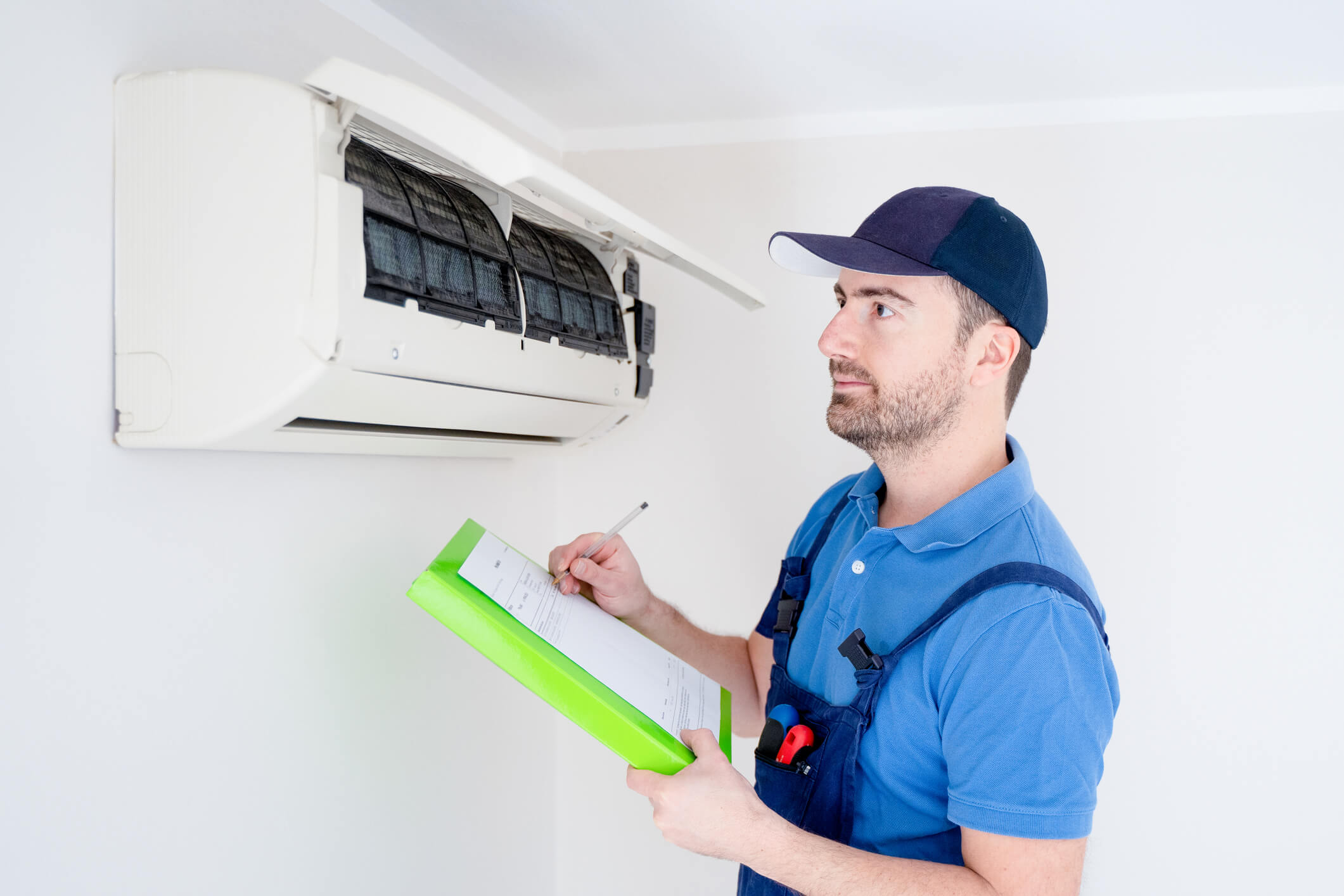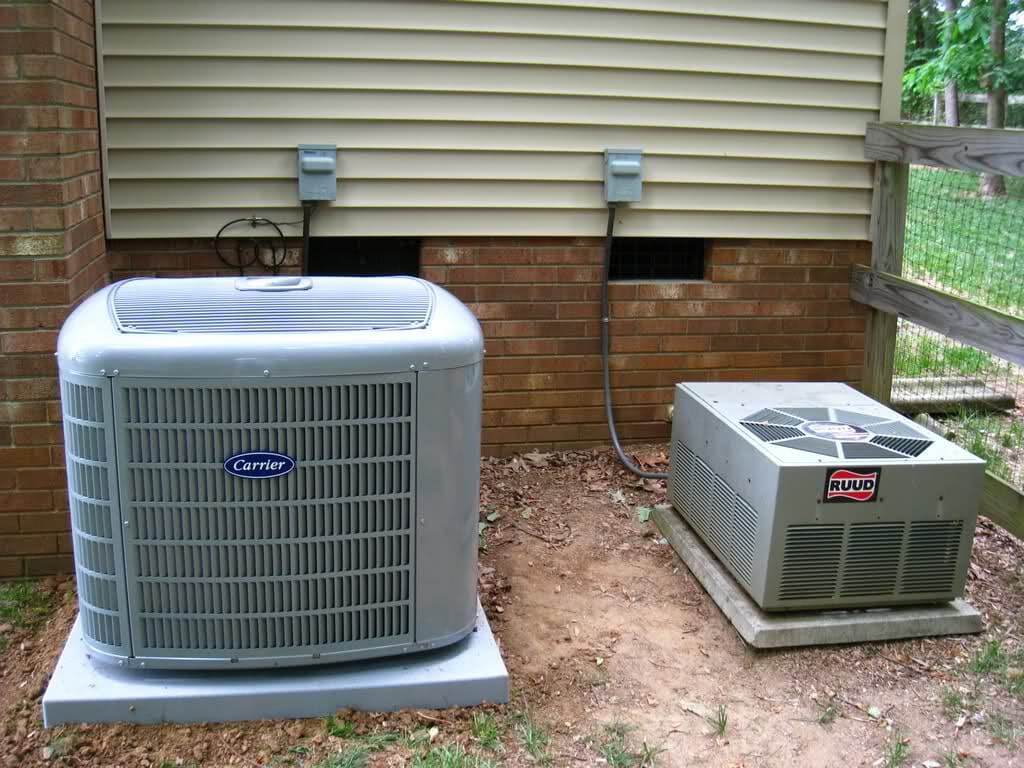Are you doing a insulation project?
Modernize can pair you with three to four pros in your area, so you can compare options and save time and money.
- Does Poor Insulation Affect HVAC Efficiency?
- What Is Insulation and Why Is It Important?
- Why Every Home Needs Good Insulation
- How Poor Insulation Impacts HVAC Efficiency
- Common Signs of Poor Insulation
- Does Poor Insulation Affect Furnace Efficiency?
- Does Poor Insulation Affect Air Conditioning?
- Practical Solutions for Poor Insulation
- Benefits of High-Quality Insulation
Does Poor Insulation Affect HVAC Efficiency?
Proper insulation is key to keeping your HVAC system running efficiently. Poor insulation makes your system work harder to maintain comfortable temperatures, which drives up energy bills and creates uneven heating or cooling. Upgrading your insulation can solve these issues while saving you money and improving your home’s comfort. In this article, we’ll look at how poor insulation impacts HVAC efficiency.
What Is Insulation and Why Is It Important?
Insulation is a barrier material that slows the transfer of heat, helping to maintain indoor temperatures. In other words, it keeps your home warm in the winter and cool in the summer, which directly impacts your energy bills and overall comfort.
The effectiveness of insulation is measured by its R-value, which, in turn, indicates how well it resists heat flow. Higher R-values provide better insulation. Therefore, selecting the correct R-value based on your climate is crucial to achieving optimal efficiency. Resources like the U.S. Department of Energy’s insulation guide can also give you some helpful information.
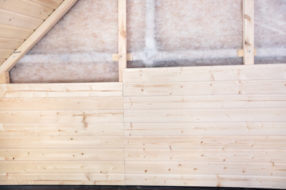
Why Every Home Needs Good Insulation
Effective insulation doesn’t just lower energy costs — it also increases the consistency of your home’s indoor temperature, improving your comfort. Proper insulation creates an airtight barrier, preventing drafts, reducing noise pollution, and promoting better indoor air quality.
How Poor Insulation Impacts HVAC Efficiency
Did you know that your home’s insulation and HVAC system work hand in hand? When insulation is lacking, your HVAC system has to work overtime to maintain a consistent temperature, leading to higher energy bills and unnecessary wear and tear. Understanding how insulation impacts your HVAC system is key to creating a more efficient and comfortable home.
Find the Right Contractor for Your insulation Project
Whether you’re ready to begin your project now or need some expert advice, our network of contractors are here to help. With a few simple questions, we’ll find the best local professionals for you
Common Signs of Poor Insulation
- Drafts or uneven indoor temperatures: If some rooms feel colder or warmer than others, check for air leaks around windows and doors. If sealing these areas doesn’t solve the problem, then it might be time to evaluate your insulation.
- High energy bills without increased usage: A sudden jump in energy costs — without changes in weather or usage — can be a telltale sign of insulation issues.
- Difficulty maintaining consistent temperatures: If you constantly adjust your thermostat to stay comfortable, poor insulation may be the culprit.
Related info: Top 10 Insulation Companies of 2026
Does Poor Insulation Affect Furnace Efficiency?
To understand how poor insulation affects HVAC efficiency, let’s look at the effect it has on your home’s furnace. When your home lacks adequate insulation in the walls, attic, or HVAC components, heat escapes quickly during winter. This forces your furnace to work harder to maintain a comfortable indoor temperature, increasing energy bills and unnecessary wear on the system.
- Wall insulation: Inadequate insulation in walls allows heat to escape, causing your furnace to run longer and use more energy.
- Attic insulation: Heat naturally rises, and a poorly insulated attic lets that heat escape, making it harder for your furnace to keep the home warm.
- HVAC duct insulation: Damaged or missing insulation around your HVAC ducts allows heat loss as it travels through your home, reducing overall efficiency.
Does Poor Insulation Affect Air Conditioning?
Yes, inadequate insulation directly impacts your air conditioner’s efficiency. When insulation in your walls, attic, or HVAC components is insufficient, summer heat easily seeps in. As a result, your air conditioner must work overtime to keep your home cool, leading to higher energy costs and unnecessary strain on the system.
- Wall insulation: Poorly insulated walls let heat seep into your home, forcing your AC to run longer.
- Attic insulation: A poorly insulated attic traps heat, especially on upper floors, making cooling your home an uphill battle.
- HVAC pipe insulation: Visibly damaged or missing pipe insulation exposes your system to external elements, causing it to work harder.
Practical Solutions for Poor Insulation
- Upgrade Insulation Materials: Partner with a contractor to select high-quality insulation that suits your needs. Options like spray foam, fiberglass batts, or cellulose insulation — chosen with the right R-value for your climate — can make a big difference.
- Seal Gaps: Close up energy-wasting gaps around windows and doors with caulk or weatherstripping, and use expanding foam to fill cracks in walls.
- Schedule a Professional Assessment: Bring in an insulation expert to pinpoint problem areas and recommend customized solutions for your home.
Benefits of High-Quality Insulation
Investing in good insulation offers numerous advantages:
- Lower energy bills
- Improved HVAC efficiency
- Consistent indoor temperatures year-round
- Enhanced air quality and comfort
- Reduced carbon footprint
- Increased property value
Insulation and HVAC efficiency work together to keep your home running smoothly. Poor insulation puts extra stress on your HVAC system, driving up energy bills, lowering comfort, and leading to more frequent maintenance. However, upgrading to high-quality insulation can change everything—helping you save money, boost comfort, and extend the life of your system. Now that you understand how poor insulation affects HVAC efficiency, consult a professional to assess and tackle your home’s insulation needs.
Find the Right Contractor for Your insulation Project
Whether you’re ready to begin your project now or need some expert advice, our network of contractors are here to help. With a few simple questions, we’ll find the best local professionals for you
Reviews from Real Homeowners
Welcome to Homeowner Resources! We are the Modernize blog. Modernize pairs more than 3 million homeowners a year with pre-vetted contractors in their area. This blog started because we believe homeowners should know everything about their homes, from how their HVAC works to which front door colors they might love. On Homeowner Resources, you can find information on every part of your home, right down to how you can negotiate with contractors to get the best price. Here's more about the blog.
Need a contractor? Learn more about how Modernize finds the right pro for you.
